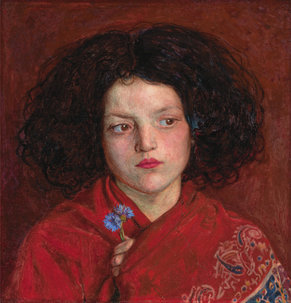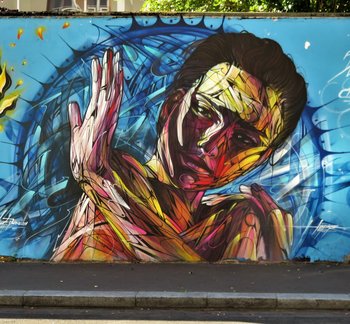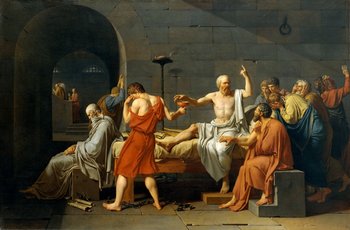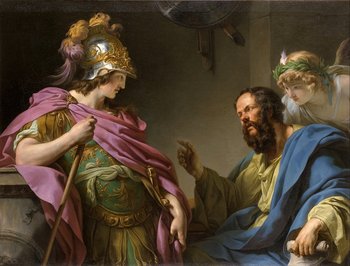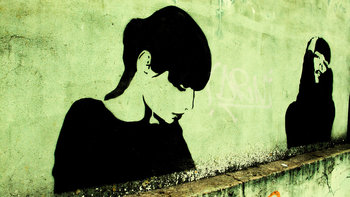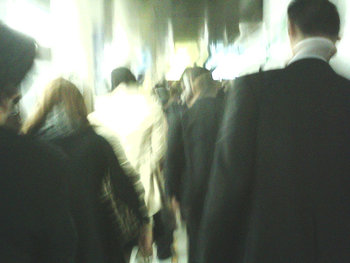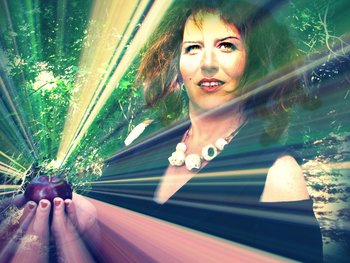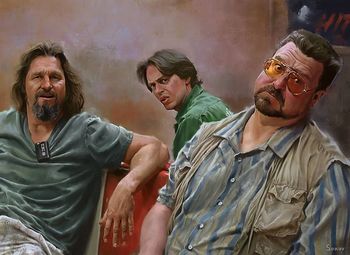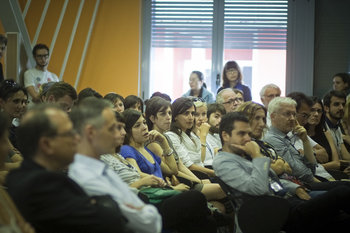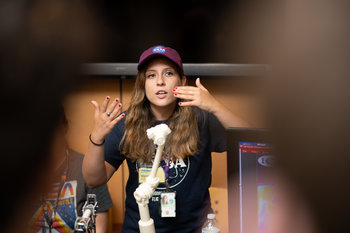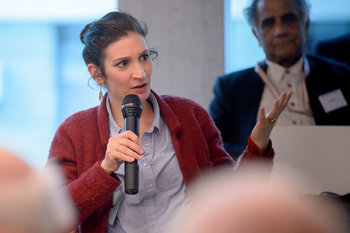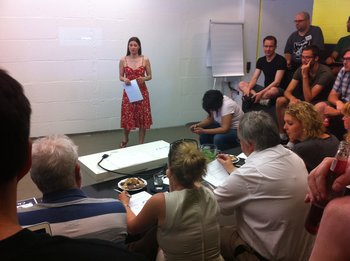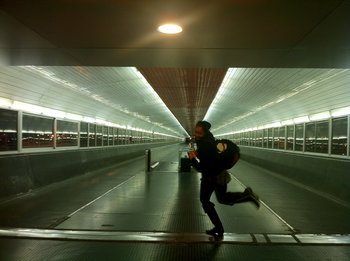
Once upon a time there was a Chinese farmer who lost a horse. And all the neighbors came around that evening and said "That's too bad."The Chinese Farmer Parable is widely cited as an example of the illusive nature of progress whereby steps forward may end up being negative in the long term. Likewise, seeming negative events may end up bringing positive results such as creative destruction. The parable is also cited as a principle of stoicism whereby it is viewed as a virtue not to despair at apparent misfortune or delight in apparent good luck.
And he said "Maybe."
The next day the horse came back and brought seven wild horses with it. And all the neighbors came around and said "Why, that's great, isn't it?"
And he said "Maybe."
The next day his son was attempting to tame one of these horses and was riding it and was thrown and broke his leg. And all the neighbors came around in the evening and said "Well, that's too bad, isn't it."
And the farmer said "Maybe."
The next day the conscription officers came around looking for people for the army and they rejected his son because he had a broken leg. And all the neighbors came around in the evening and said "Isn't that wonderful?"
And he said "Maybe."
~ Alan Watts, Lecture On Zen, 1960
| Overview: Maybe So Maybe Not | ||
Type | ||
Definition | A Zen story from the 1960s that illustrates the illusive nature of progress and the virtue of delaying judgement. | |
Attributed To | Alan Watts, possibly loosely based on similar Zen parables | |
Related Concepts | ||

